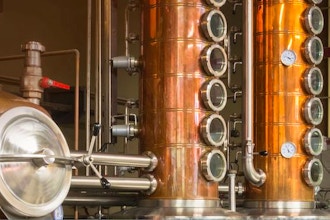DISCOVER THE MAIN STYLES AND TYPES OF SPIRITS USING SIGHT, SMELL AND TASTE TO DEVELOP AN UNDERSTANDING OF THE KEY FACTORS THAT AFFECT FLAVOR AND AROMA. GAIN A FUNDAMENTAL UNDERSTANDING ON COCKTAIL RECIPE CREATION. IN ADDITION TO THE WSET CLASS, WE'RE ADDING A WORKSHOP WHERE YOU'LL DEVELOP A FOUNDATIONAL UNDERSTANDING OF CRAFTING COCKTAILS WITH THE THREE CORE METHODS OF DRINK CREATION. WE'LL WALK YOU THROUGH THE HISTORY OF EACH DRINK, THEN YOU'LL BUILD AN OLD FASHIONED, STIR A MANHATTAN, AND SHAKE A MARGARITA TO PERFECTION!
Who should attend:
This qualification aims to provide basic product knowledge and skills in the service of spirits to help prepare a person for their job in hospitality or other sectors of the spirits industry. This may also appeal to the spirits consumer.
Course Outline:
Main categories of spirits, explore the four key steps used in spirits production.
State the raw materials used to produce brandy and vodka. State the key flavor characteristics of these two spirits. Identify the key production processes that can have a defining influence on the characteristics of brandy and vodka. State the meaning of the key
labeling terms for brandy. Identify the two types of still, state how they are used and the style of spirit they can produce.
State the raw materials used to produce Rum, Tequila, and Whisk(e)y. State the key flavor characteristics of these three spirits. Identify the key production processes that can have a defining influence on the characteristics of Rum, Tequila, and Whisk(e)y. State the different styles of Rum and the labeling terms for Tequila and Whisk(e)y.
Describe the different techniques to add flavor to spirits. State the principal types of flavored spirits. Describe the correct procedures for the storage of spirits. Name the important ingredients used to make cocktails. Identify the common equipment and glassware used in the service of spirits. State the four factors to consider when making a balanced cocktail.
Describe spirits using language from the WSET Systematic Approach to Tasting (SAT). Practice your tasting skills and familiarize yourself with some of the key styles of spirits on the syllabus.
Exam Overview:
- 30 multiple choice question exam
- 70% or better to achieve a pass

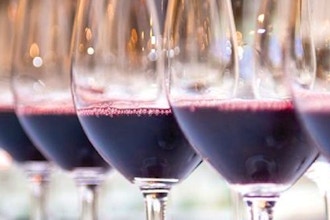
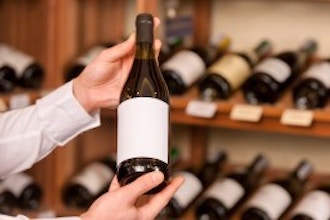
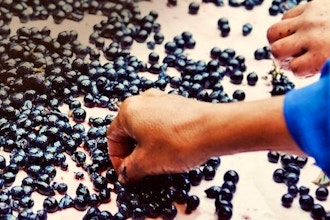
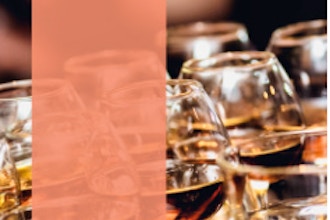

 CourseHorse Gift Card
CourseHorse Gift Card

